HR Management: Facilitating Change Through Training, Recruitment
VerifiedAdded on 2023/06/12
|10
|777
|360
Presentation
AI Summary
This presentation delves into the crucial role of Human Resource Management (HRM) in supporting and managing organizational changes. It highlights that change management is an approach focused on dealing with transformations in organizational goals, processes, and technologies. The presentation emphasizes HRM's responsibility in creating an environment where employees can effectively handle changes, providing them with the necessary guidance and support. Key HR functions such as training, recruitment, and performance appraisals are examined as levers for facilitating successful change implementation. The presentation concludes that HRM plays a significant role in guiding employees to adapt to changes while maintaining high efficiency and productivity, ensuring that organizational functions are not disrupted, and leveraging HR practices to improve the overall change management process.
1 out of 10
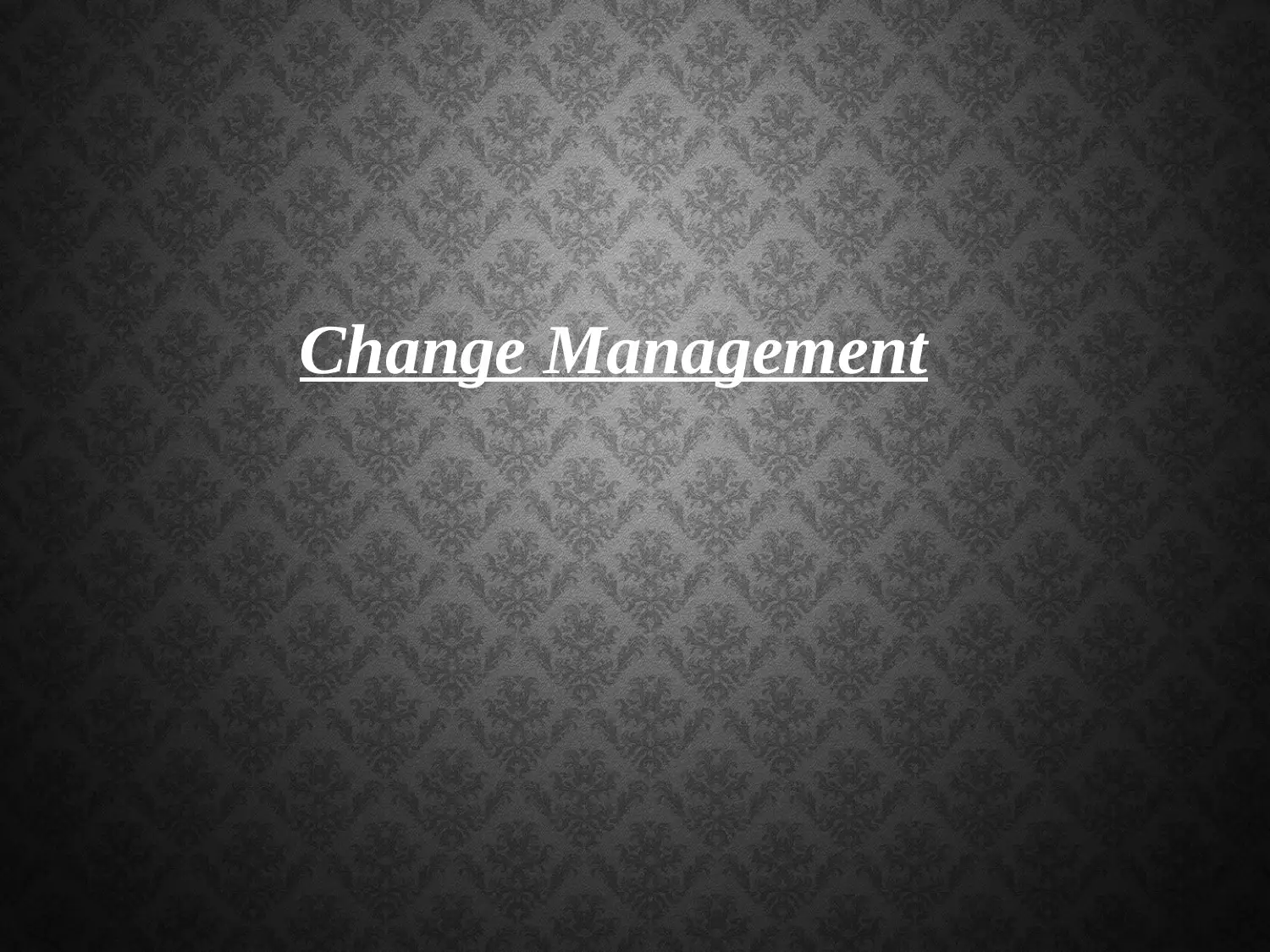




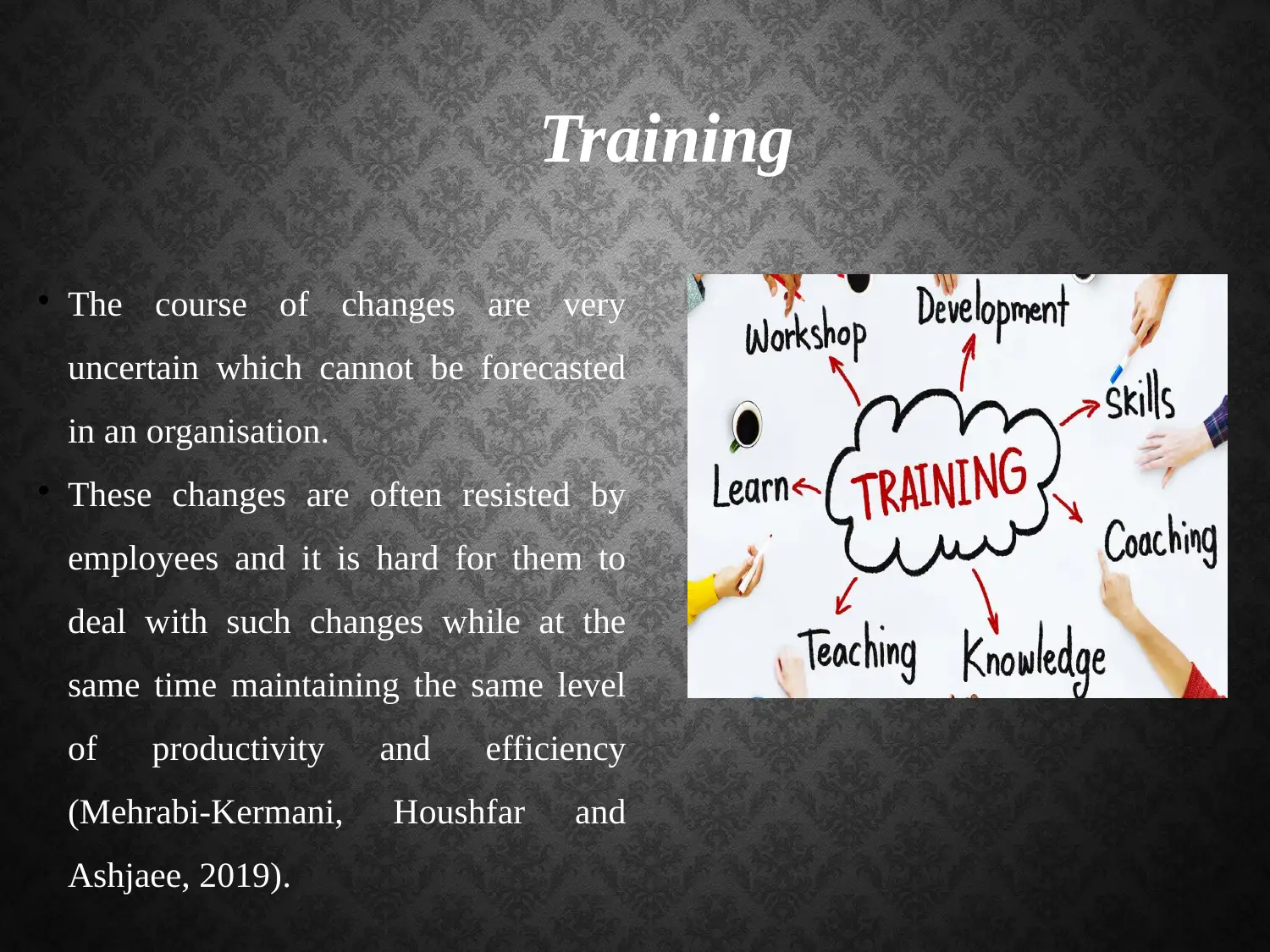
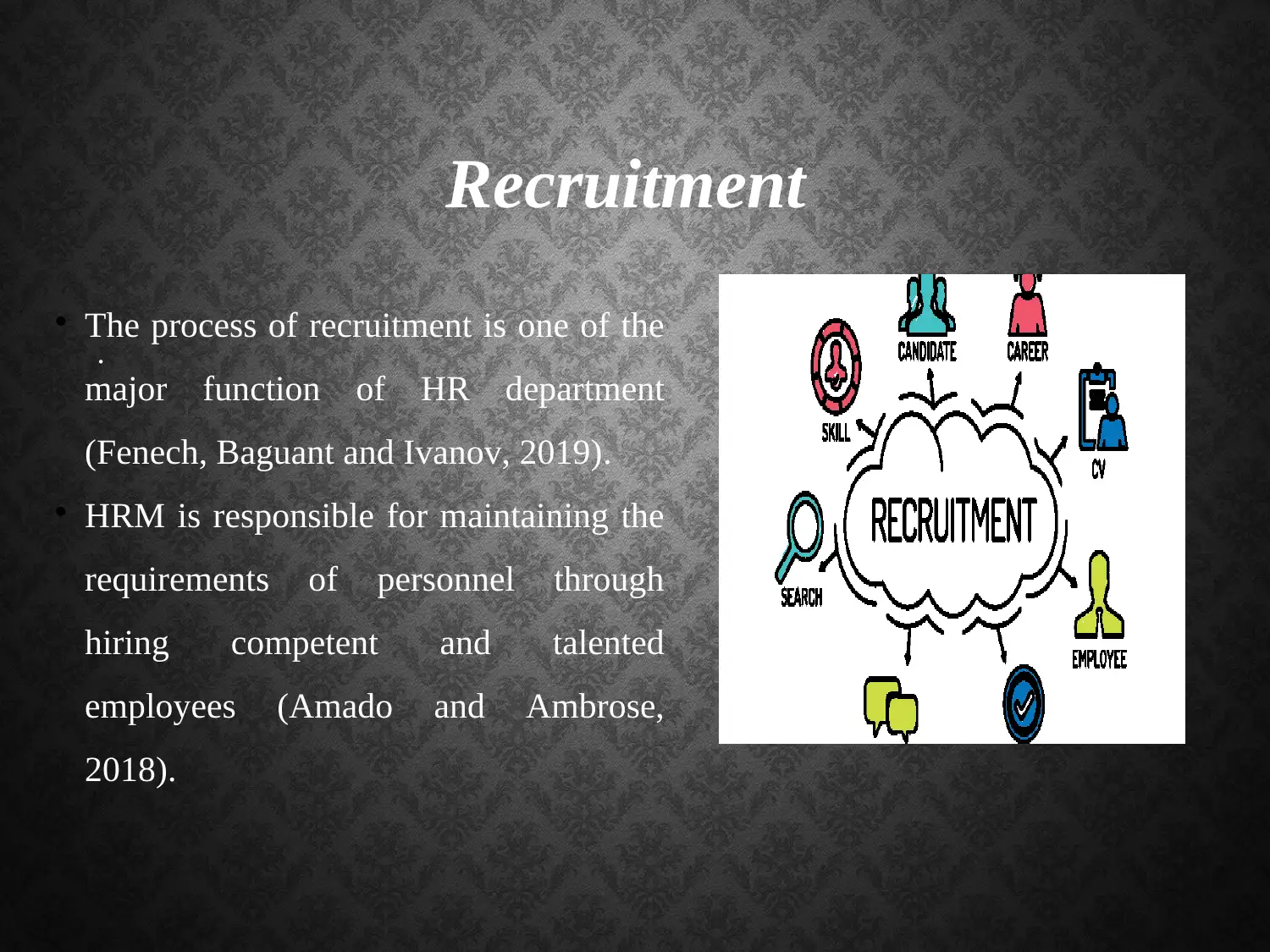
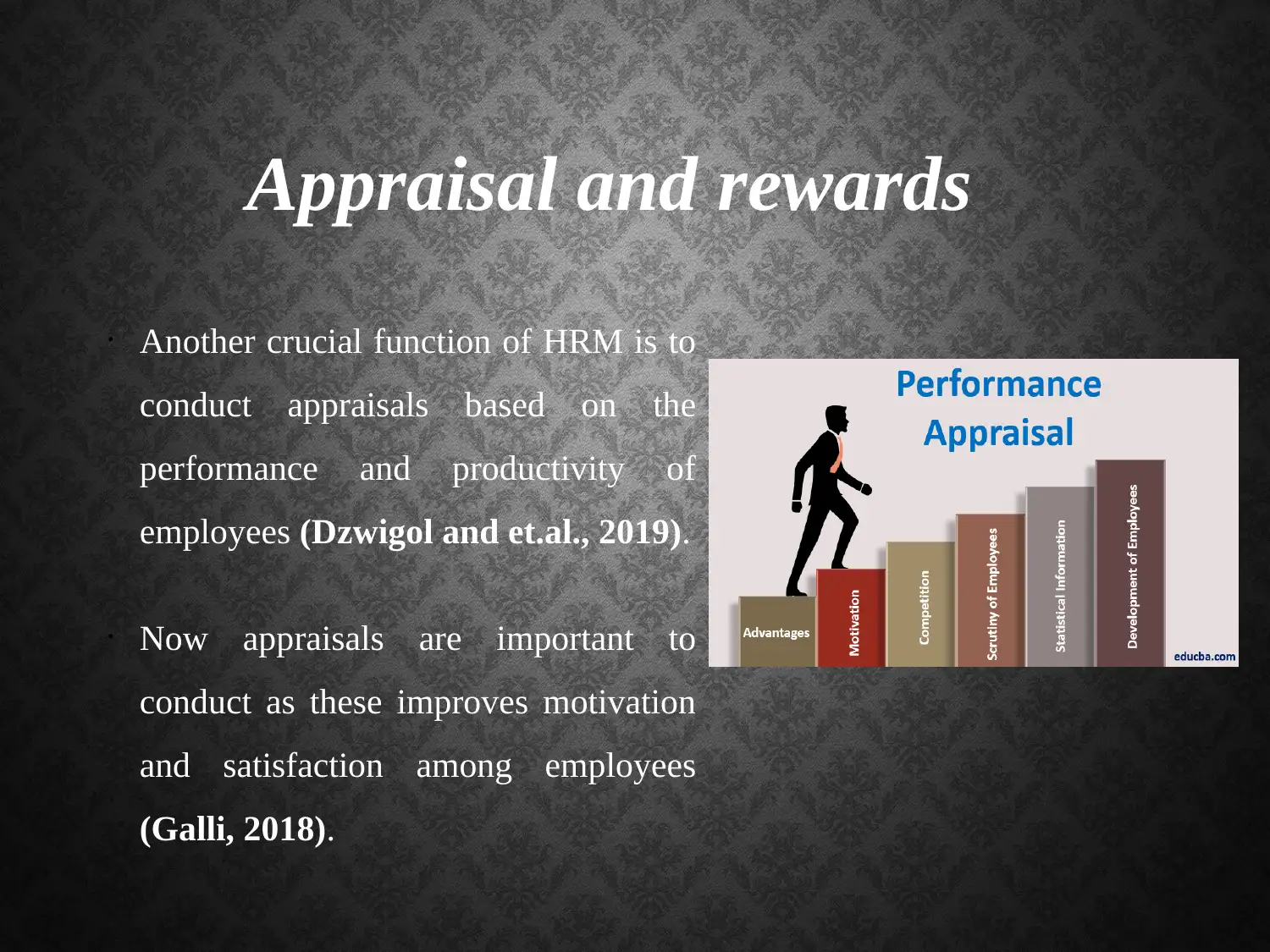
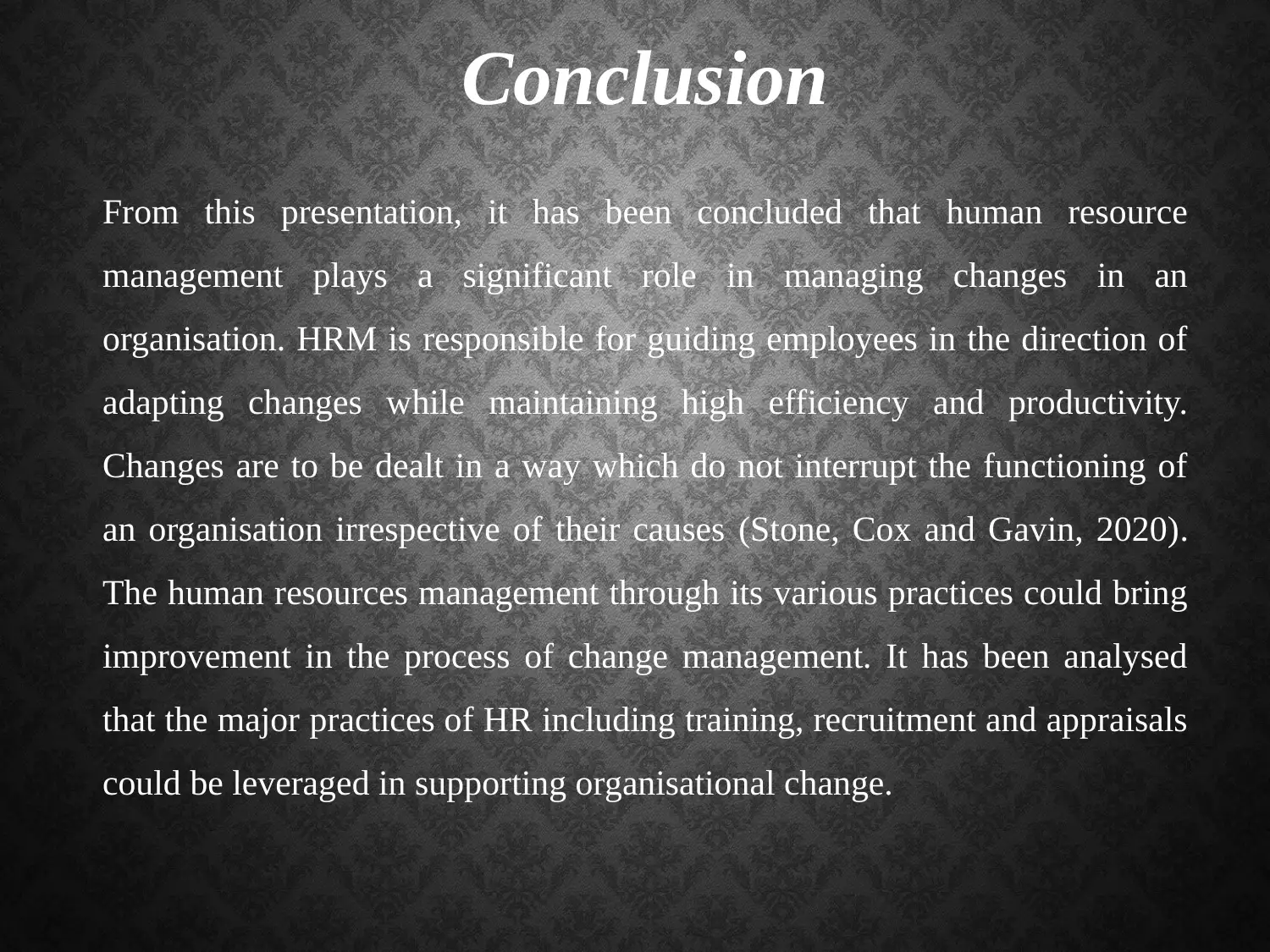
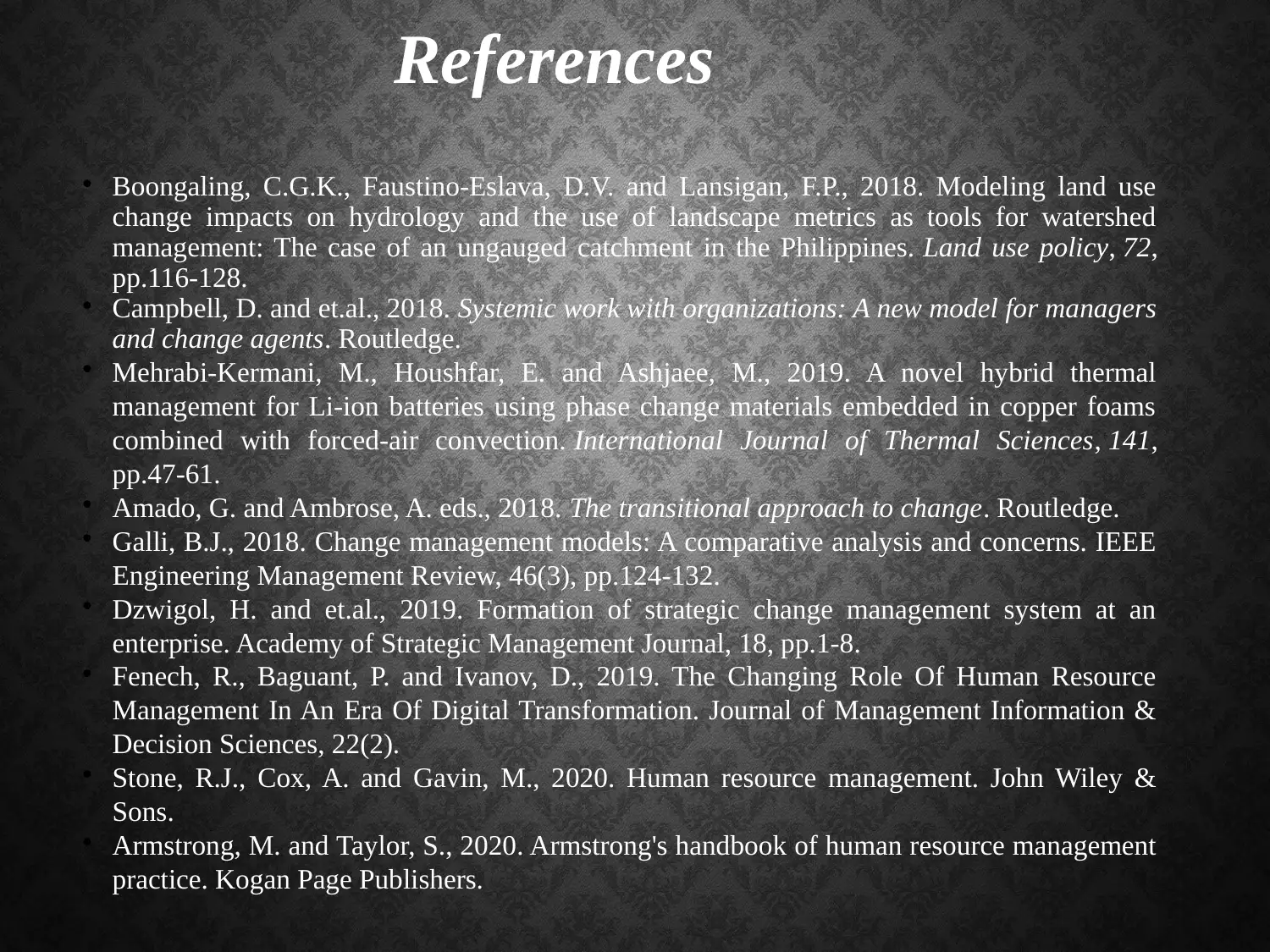







![[object Object]](/_next/static/media/star-bottom.7253800d.svg)